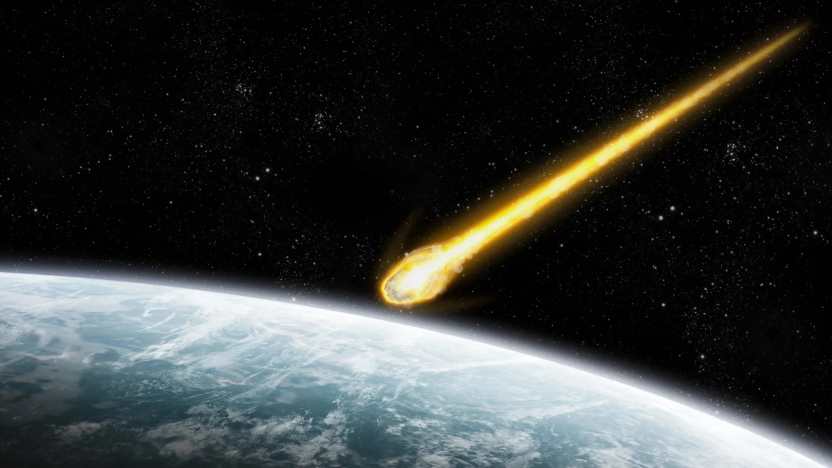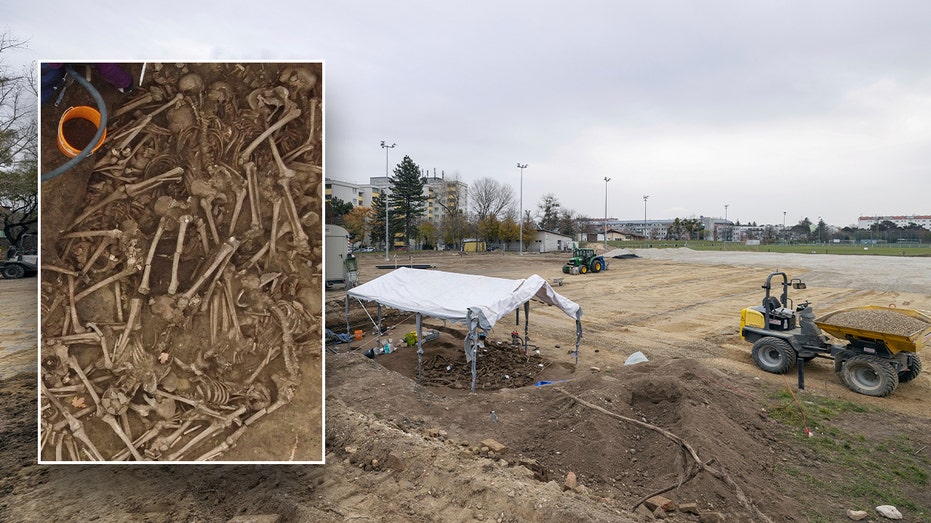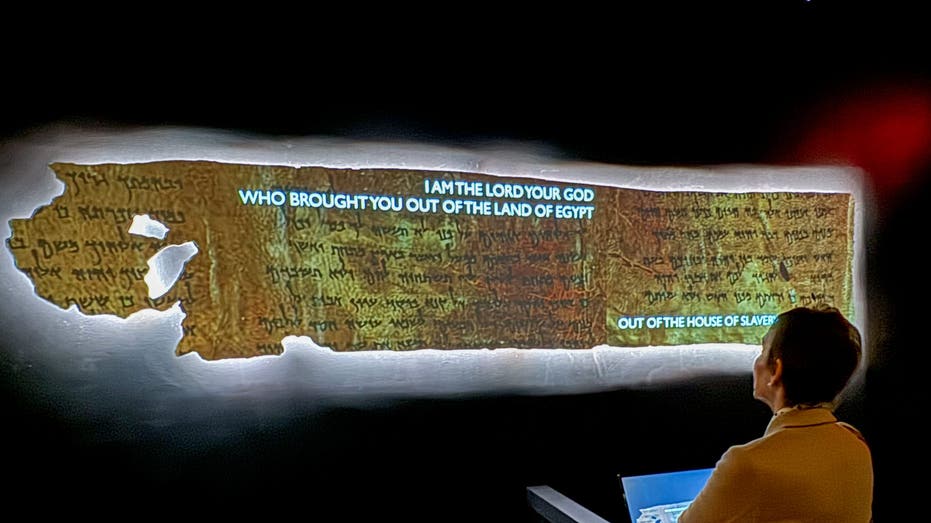- by foxnews
- 08 Apr 2025
Asteroid on ‘Collision Course' with Earth: A spectacular light show in the remote Yakutia region of Russia
- by travelandtourworld
- 05 Dec 2024
- in travel

The event, which took place on the evening of Tuesday, November 26, 2024, was witnessed by many locals, including those in the city of Yakutsk, the capital of the republic.
The flying space rock, which measured less than 70 centimeters (27.5 inches) in diameter, was first spotted earlier on Tuesday by scientists at the European Space Agency (ESA).
In a statement, ESA noted the importance of its global network of astronomers who tracked the asteroid's trajectory in real time.
The partnership between the ESA, NASA, and various global space observatories has become increasingly important as scientists continue to monitor near-Earth objects (NEOs) and improve their ability to predict their impact.
This close call with an asteroid also highlighted the capabilities of the growing global network of space research organizations and the increasing collaboration between nations to track potential threats.
Although asteroid impacts are rare, the ongoing efforts to track space debris play a crucial role in ensuring the safety of populations worldwide.
Yakutia, located in northeastern Siberia, is known for its stark landscapes, extreme cold, and pristine wilderness, attracting adventurous travelers seeking to explore the remote parts of Russia.
However, in recent years, the region has also garnered interest due to its growing tourism sector.
Local tourism officials noted that the asteroid's appearance in the sky had both positive and negative effects on tourism in the region.
On one hand, the spectacle became a source of fascination for tourists who had already planned their trips to the area, especially those with an interest in space phenomena and rare natural events.
The fireball served as an added attraction, drawing travelers from various parts of the world who were eager to witness the rare occurrence.
In contrast, some tour operators and local authorities reported a temporary disruption in travel. The event, although harmless, caused some travelers to delay or cancel their trips to the region out of concern, despite reassurances from local authorities.
However, no major cancellations were reported, and tourism officials emphasized that the event would likely increase interest in the region in the long run, particularly among travelers interested in space and natural wonders.
For those already in the area, the phenomenon added a sense of adventure and excitement to their trips.
While the event itself was harmless, it underscored the increasing importance of space awareness in the context of global tourism.
Destination marketing organizations (DMOs) in areas known for such celestial phenomena may begin to harness the potential of these occurrences to boost tourism.
For example, destinations like Yakutia, with its extreme environment and clear skies, have the potential to market themselves as prime locations for viewing celestial events.
As global tourism shifts towards more experiential and adventurous travel, local tourism authorities could strategically align their offerings with these rare, awe-inspiring moments in nature.
Space agencies, in collaboration with tourism boards, could also use these events to foster global awareness of lesser-known regions while promoting the safety and educational value of these phenomena.
Space tourism, while still in its early stages, could further fuel interest in traveling to places like Yakutia, where rare natural occurrences offer travelers a chance to witness events that are far outside the realm of everyday experience.
In the wake of the asteroid event, there has been growing interest in the impact of celestial phenomena on tourism, especially in regions with pristine and remote landscapes like Yakutia.
The light show generated by C0WEPC5 has raised awareness of both the beauty and the power of space phenomena, and many believe it will mark the beginning of a new phase in experiential travel, with more visitors flocking to destinations known for their rare natural spectacles.
As global space agencies continue to monitor and track near-Earth objects, travelers can look forward to more opportunities to witness spectacular events in the sky.
The development of space tourism, combined with the increasing interest in natural phenomena, may well pave the way for new forms of travel in the coming decades.
- by foxnews
- descember 09, 2016
Ancient settlement reveals remains of 1,800-year-old dog, baffling experts: 'Preserved quite well'
Archaeologists have recently unearthed the remarkably well-preserved remains of a dog from ancient Rome, shedding light on the widespread practice of ritual sacrifice in antiquity.
read more




